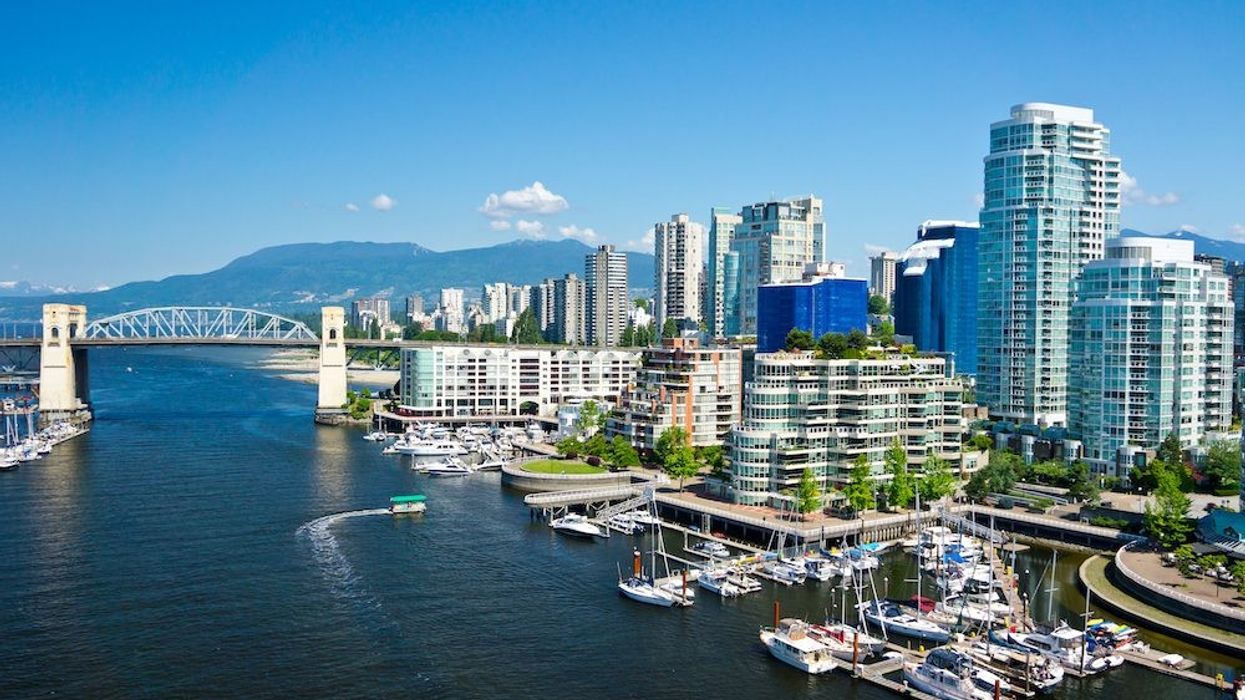In an unexpected surprise, the Government of BC announced on Tuesday that it ended the 2021-2022 fiscal year with a $1.3B surplus, after previously projecting a $10B budget deficit.
In an April 2021 Budget and Fiscal Plan, the government projected a deficit of $9.7B for the 2021-2022 fiscal year, which ended on March 31. That deficit was then expected to improve to $5.5M in 2022-2023 and then $4.3M in 2023-2024. Addressing that projected deficit, the government said the projection "reflects the ongoing uncertainty of the pandemic by maintaining Pandemic and Recovery Contingencies." Those contingencies cost $3.25B, and would have been reduced to $1B in 2022-2023, and then $300M in 2023-2024.
Announcing the surprise surplus this week, the Minister of Finance, Selena Robinson, said “these numbers show that the actions taken by British Columbians to protect each other and that our unprecedented investments to support people were the right decisions. While others might have chosen cuts and austerity, our investments in people have helped our economy rebound faster than anyone in the public or private sector predicted."
The government attributed the budget improvement from previous forecasts to a re-opened economy, which brought in more tax revenue; federal government contributions for COVID-19 relief; higher natural resource revenues; and higher earnings from Crown corporations.
In terms of spending, the areas that received the most money were healthcare ($27.6B), education ($15.8B), and social services ($7.3B).
The Ministry of Finance also said that they will be building off of these economic gains by supporting British Columbians further through the current period of global inflation. The government said it will announce new measures in September, but some steps have already been announced, such as a one-time $60M infusion for school districts across the province that was also announced this week.
Along with the budget surplus, the BC government also announced that the province's real gross domestic product (GDP) grew by 6.2%, which was higher than the national average of 4.9%. It also noted that the province's unemployment rate for the year shrunk to 6.5%, also lower than the national average of 7.5%.
“Last year was an incredibly challenging year for British Columbians with the pandemic, coupled with devastating climate disasters", the Minister of Finance said. “Through the challenges we’ve faced together, we’ve made record investments to ensure targeted supports were available to those who needed them most and to continue building the services and infrastructure people count on.”





















